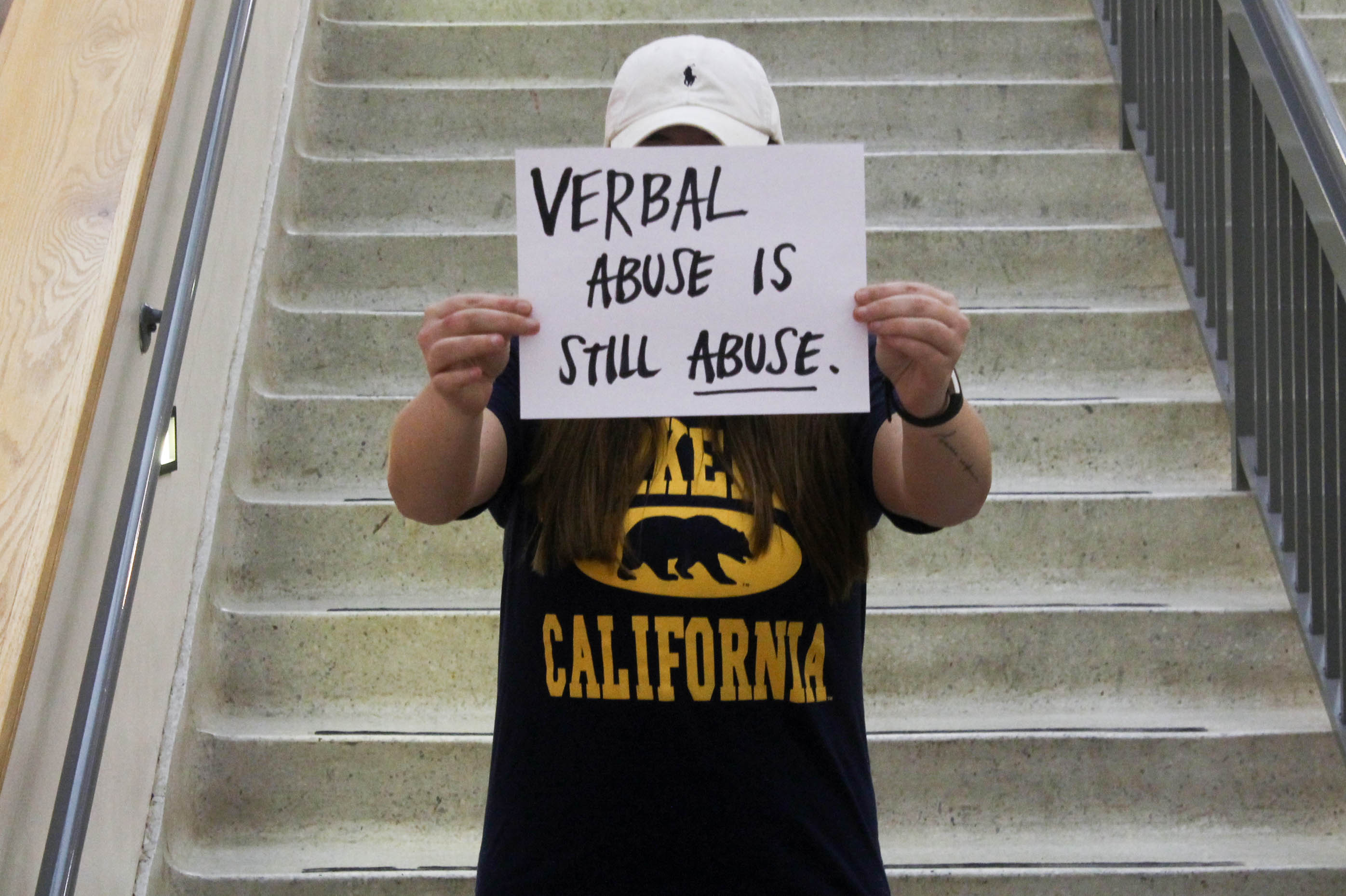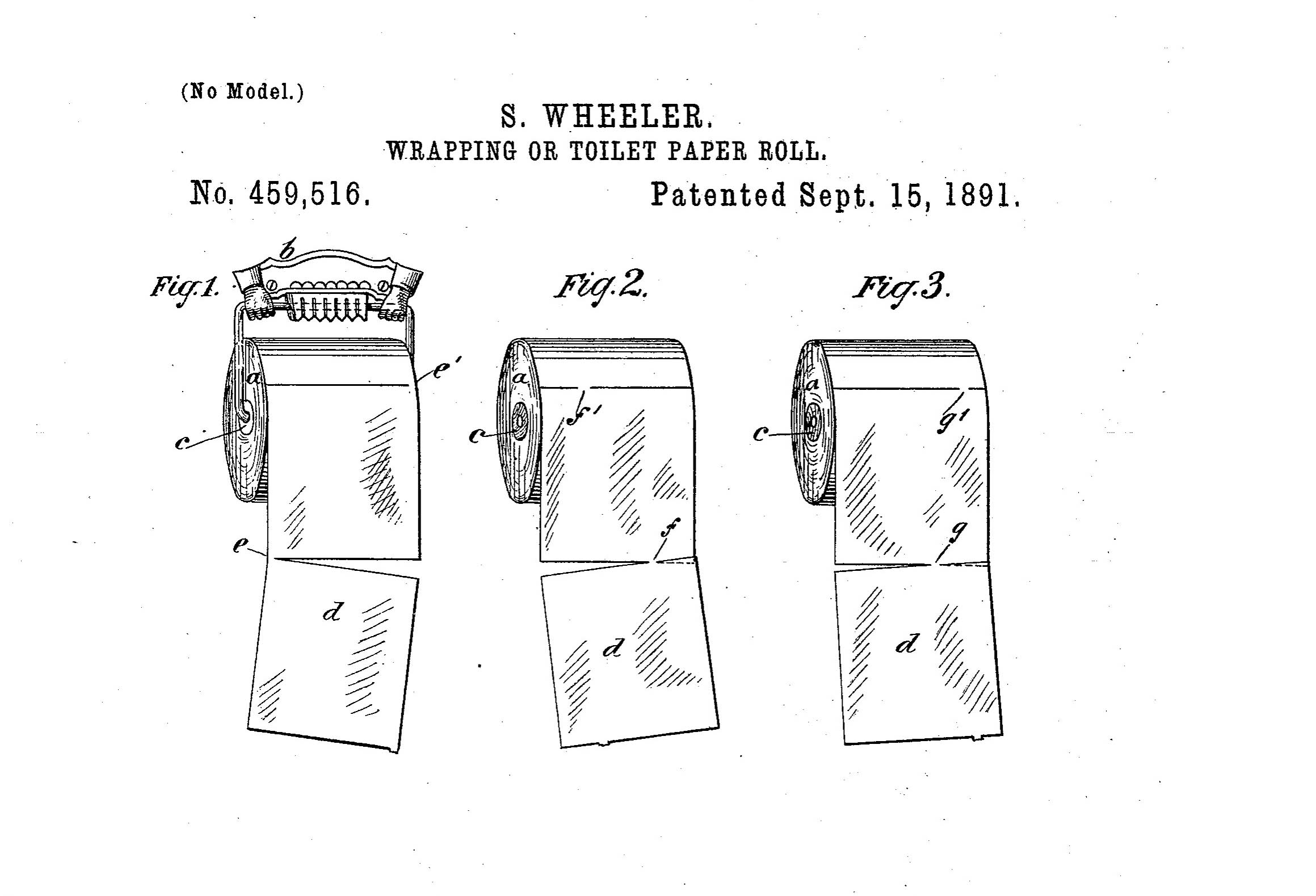Verbal abuse in the workplace has become an epidemic, and victims deserve to have their voices heard.
An article from Prevention.com discerns from the stereotype that verbal abuse only occurs when someone yells at another person. Abuse is not only found in yelling but can occur through “name-calling, threats of harm to you or someone you care about or gaslighting — where a victim is manipulated into doubting his or her memory or sanity.”
Additionally, “someone doesn’t have to consistently behave aggressively for it to constitute abuse.”
Verbal abuse is an issue that is incredibly overlooked because it is not always visibly seen. According to an article by Christine Comaford in Forbes Magazine, nearly 75 percent of employees have encountered workplace harassment.
As someone who has been on the receiving end of such maltreatment in a previous workplace, you do not always recognize when you have become a victim of beratement.
Usually, victims of verbal abuse deny their own feelings of anxiety or apprehension because they are consistently told otherwise by their abuser or are afraid of what an abuser could say or do next.
I previously worked a part-time job for an independently-owned small business in Kennesaw. What was originally introduced to me as a laid-back, casual food and customer service position quickly became a setting for increasing feelings of discomfort and fear the more hours I contributed. The verbal criticism originated from the business owner himself, and I was only employed with the company for seven weeks.
The abuse grew from shift-to-shift. What began as the employer cracking a small, derogative joke on occasion quickly heightened into raised voices and insults when I did not perform in the way that was anticipated.
What was once a two-way communication model transitioned toward a one-way communication method where the employer’s conversations with me only encompassed extreme verbal criticism, outlined through the use of expletives. During a handful of verbal critiques, it was not uncommon that the employer was under the influence of a drug.
What I did not realize from being on the constant receiving end of such negative reprimands was the way it was beginning to mold me as a person.
According to an article by Kellie Holly on HealthyPlace.com, some of the long-term effects of verbal abuse include, but are not limited to, “fear and anxiety, depression, stress and PTSD, intrusive memories, memory gap disorders, sleep or eating problems, hyper-vigilance and exaggerated startle responses.” These can be obscured effects of verbal abuse communications in relationships, classrooms or in a workplace.
There is no justification for chastising another human being, especially an employee in a workplace. We may not always wear the effects of verbal abuse on our sleeves, but the emotional impacts can be detrimental. We are not invisible, and we will be heard.
If you find yourself in a relationship or workplace that includes such behavior, allow yourself the help of exiting the situation immediately. Recognize your value as a person in your ideas and your feelings, and do not let another human being ever challenge your worth.



